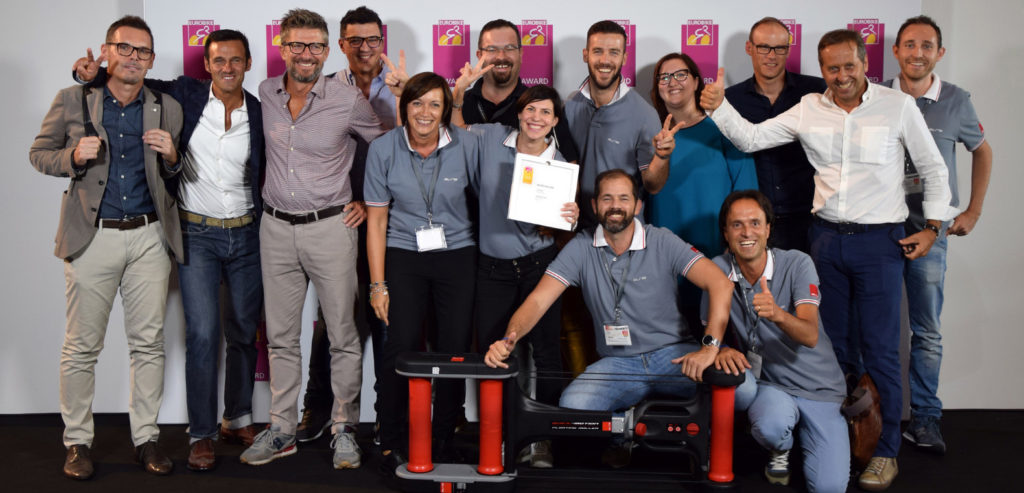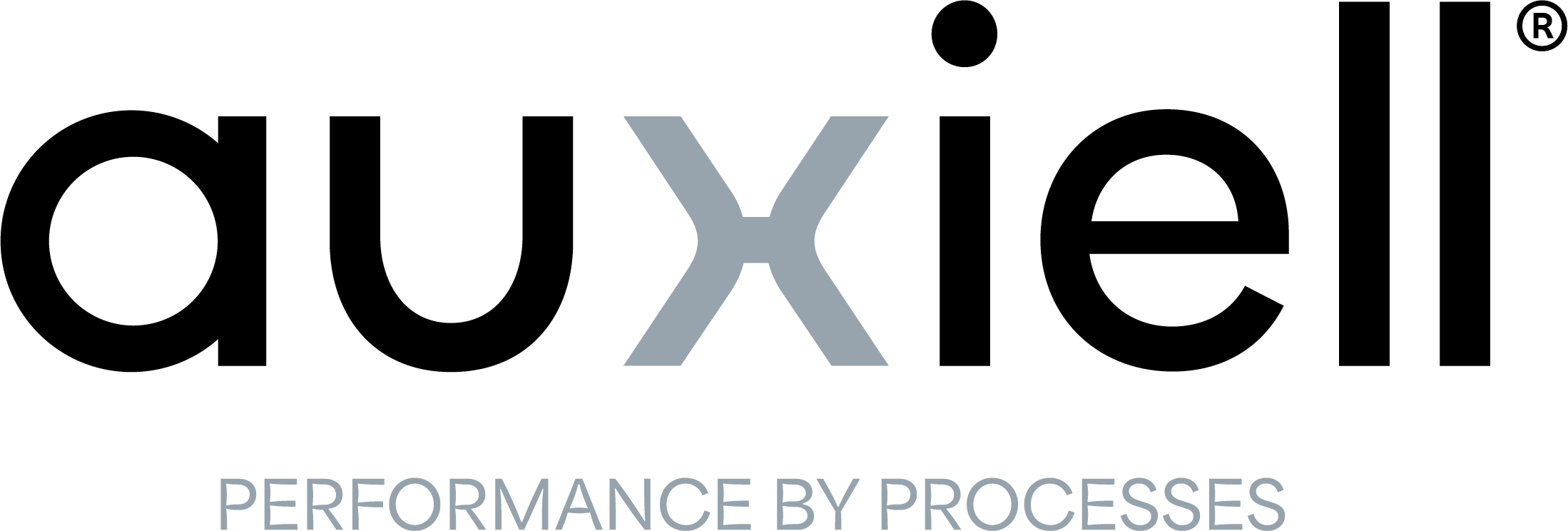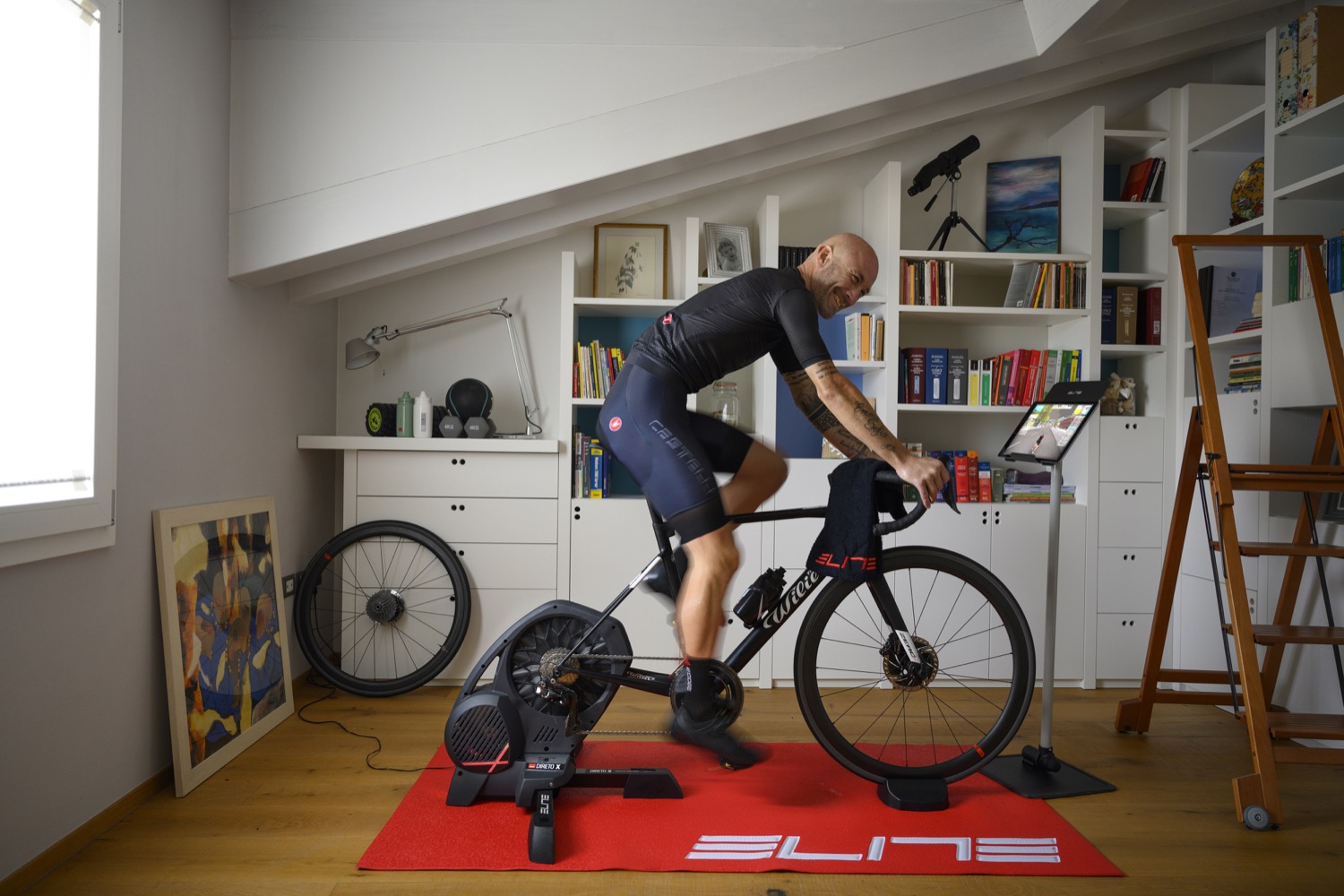“Value” is the keyword for lean system: creating more value for the customer is the hobbyhorse of any “Top” company. Evidence of this comes from the story of Elite, Venetian company founded in 1979 thanks to the passion for cycling of the founder Amerigo Sartore. Headquartered in a renovated ancient kiln in Fontaniva, in Padua area, this company employing 55 people records a turnover of 35 million per year. Along the years, Elite has been able to turn its inclination towards innovation into a strategical asset, becoming a well-known brand in the research and production of sporting goods, especially of rollers for home training, water bottles and bottle cages for cyclists. Thanks to the export, which performs 90% of the sales, and a sales network that covers more than 70 countries, from Europe to America through Asia and Australia. Along the years, the company has been specializing and now is technical sponsor of more than half of the professional teams worldwide.
Focus on the people: co-workers and customers
The company works with parts coming from local suppliers, but has no direct sales network: because of this reason, one of the main activities is providing customer support, both commercial and technical. “We believe in quality and people, which are the linchpin of our company. – tells Nicoletta Sartore, Elite Operations Director – we provide value to our co-worker and push them to grow through continuous training. We provide value also to the customers, since we want to let them feel engaged and to whom we try to give all the information needed.”
We support our customers first in using the devices, electronical components and software equipped on the products by phone and e-mail. “Until recently my co-workers used to work at their best, but I started noticing little signals of stress.” explains Sartore “The operators have been accomplishing all the requested operations, but it could happen that, in the end, an item could take up to five days to be ready, negatively affecting customer satisfaction. The truth is that the flow of customer care was not working as smooth as it should.” Operations had to be repeated consequently leading to time loss, and longer requests queue. We needed to solve the problem, making sure that the answers could be more immediate.

Elite Team
Quick support e long support
So, in September 2019 , the company decided to turn to auxiell starting a collaboration with a detailed data analysis as first step, measuring the performances and a first organization of the hypothetical flow. The customer care process has been redesigned. The customer care operators have been divided in two areas: a first phase dedicated to quick support, which starts in three minutes from the moment the customer’s e-mail arrives. To achieve the target, we have implemented new tools like a database where you can insert the link of the request, creating standard answers for some kinds of frequently asked questions.
In a short time, through the quick phase, this leads to solve 75% of the requests. On the other hand, when the questions require a deeper and technical intervention, they pass to the long support phase, which concerns electronical and technical topics about the products. This stage is managed using a unique platform, where all the operators can see, step-by-step, the ticket solution path. Thanks to auxiell support, the company shortened the response times. A support website has seen the light, here the customers can find many of the answers to their questions by themselves.
Satisfaction leap out to 95%
Improvements arrived soon. The service evaluation e-mails customer satisfaction leaped out to 95%. Also the request of products records a growth, even during lockdown in spring 2020: in March, typically a low season for buying indoor sporting goods, the support request tickets leap out from an average of 300-400 per month, to 7.000, leading to more people employed by the company.
The improvement process continues. “Another work in progress, in scan phase, is the improvement of logistics. – Adds Nicoletta Sartore – We aim to deliver the product to the distributor in two weeks instead of the current average delivery time of four weeks. We are also creating a new company culture: we plan meetings during which er explain to everybody our targets. We want all the company departments to become 100% lean.”


